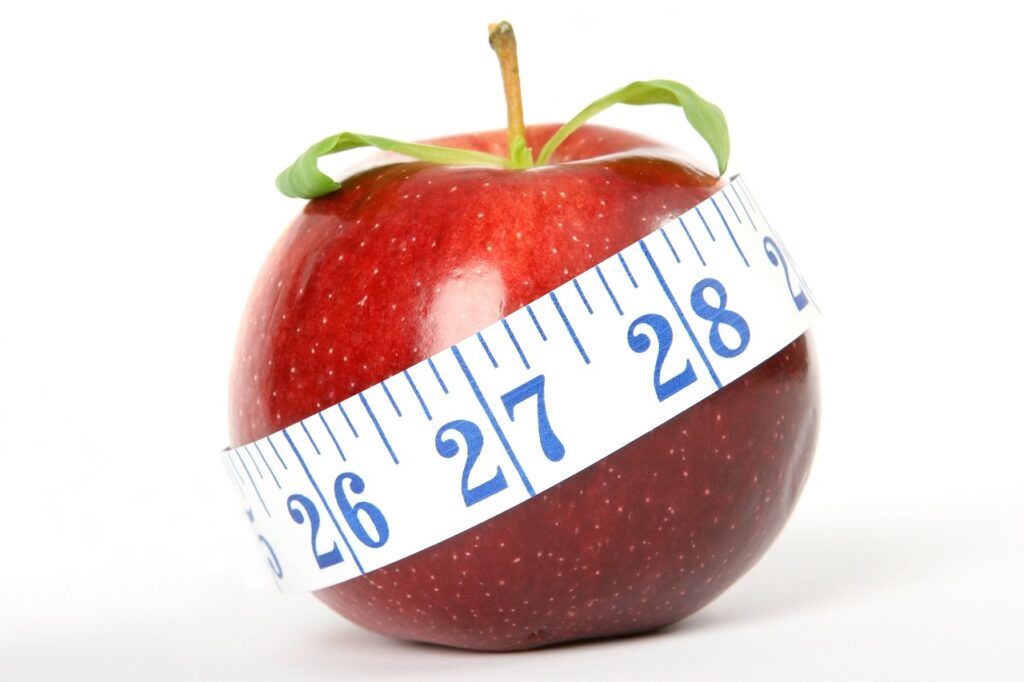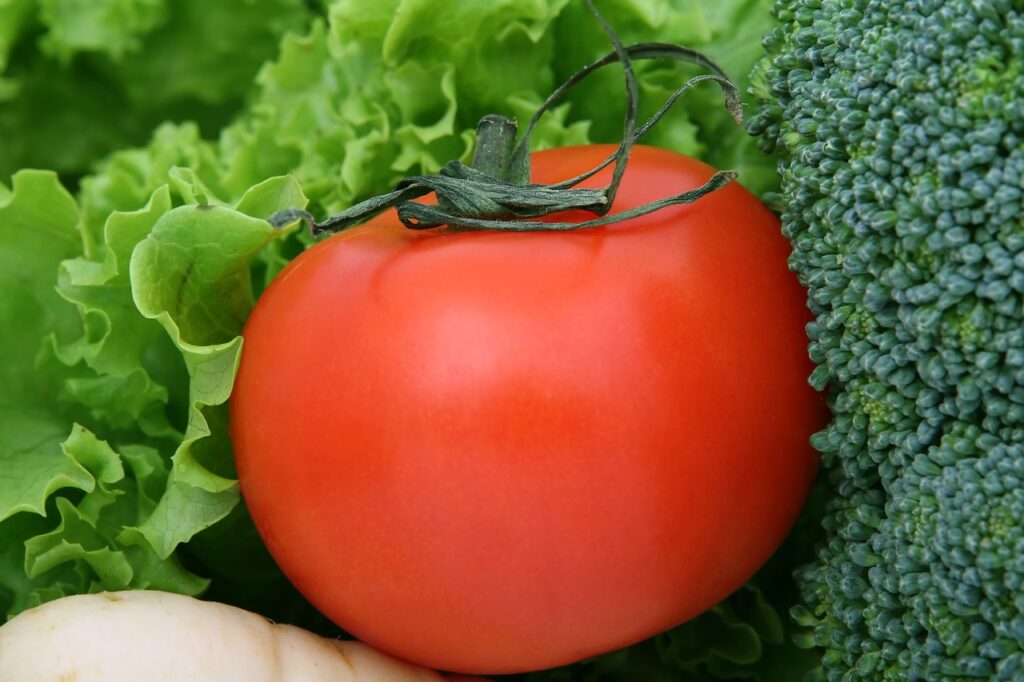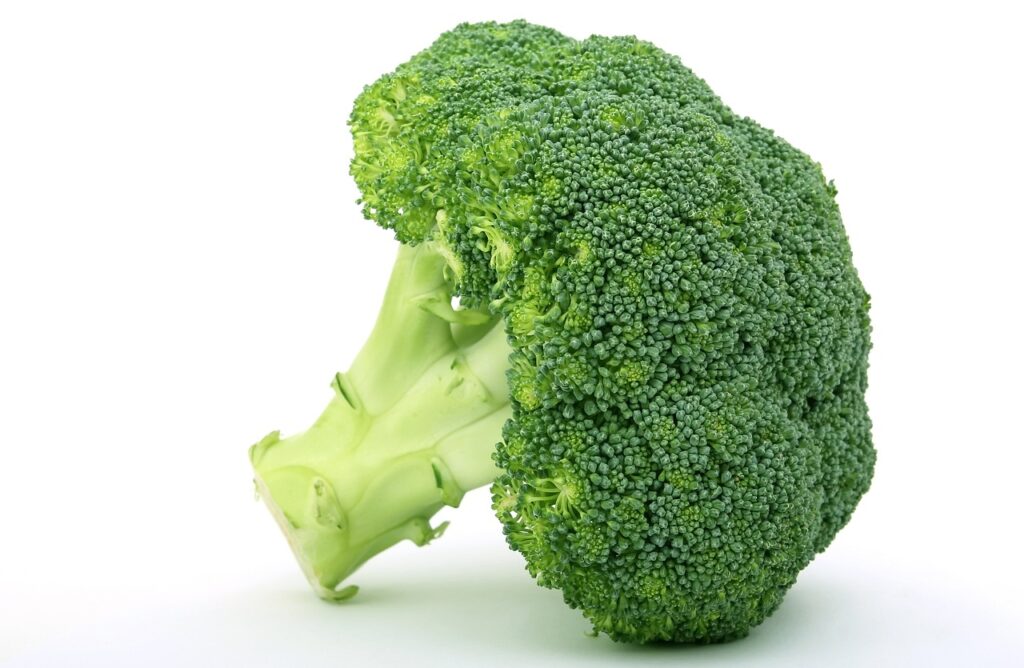
The Benefits of Fiber in Promoting Weight Loss
Imagine a world where losing weight doesn’t have to involve strict diets or intense workouts. Sound too good to be true? Well, think again. The secret lies in a simple yet powerful component of our diet: fiber. Yes, that’s right. Fiber, the often overlooked superhero of nutrition, can actually play a significant role in promoting weight loss and maintaining digestive health. In this article, we will explore the magnificent benefits of fiber and uncover the ways it can help you achieve your weight loss goals effortlessly and naturally. So, let’s embark on this fiber-filled journey and discover how it can transform your health for the better.
Table of Contents
ToggleWhat is fiber?
Fiber is a type of carbohydrate that is found in plant-based foods. Unlike other carbohydrates, fiber cannot be broken down by the body and therefore passes through the digestive system largely intact. There are two main types of fiber: soluble fiber and insoluble fiber.
Types of fiber
Soluble fiber
Soluble fiber dissolves in water and forms a gel-like substance in the stomach. This gel-like substance helps to slow down digestion and absorption of nutrients, which can be beneficial for weight loss. Foods that are high in soluble fiber include oats, barley, legumes, fruits, and vegetables.
Insoluble fiber
Insoluble fiber does not dissolve in water, but rather adds bulk to the stool. It helps to promote regular bowel movements and prevent constipation. Good sources of insoluble fiber include whole grains, nuts, seeds, and the skins of fruits and vegetables.
How fiber aids in weight loss
Provides a feeling of fullness
One of the main ways that fiber aids in weight loss is by providing a feeling of fullness. When you consume high-fiber foods, they take up more space in your stomach and can help to make you feel satisfied. This can prevent overeating and snacking on unhealthy foods.
Delays hunger and reduces snacking
Fiber also helps to delay hunger and reduce the urge to snack. Since fiber takes longer to digest, it provides a longer-lasting source of energy. This can help to keep you feeling full and satisfied between meals, reducing the desire to reach for unhealthy snacks.
Reduces calorie consumption
By promoting a feeling of fullness and reducing snacking, fiber can also help to reduce overall calorie consumption. When you feel satisfied and less hungry, you are less likely to consume excess calories that can contribute to weight gain.
Boosts metabolism
Another benefit of fiber for weight loss is that it can boost metabolism. When you consume high-fiber foods, your body has to work harder to break them down and digest them. This can help to increase your metabolic rate and burn more calories throughout the day.
Enhances nutrient absorption
Fiber also plays a role in enhancing nutrient absorption. By slowing down digestion, fiber allows for better absorption of essential nutrients from the foods you eat. This can help to ensure that your body is getting the necessary vitamins, minerals, and antioxidants for optimal health and weight management.
Improving gut health for weight loss
Preventing constipation
One of the key ways that fiber improves gut health is by preventing constipation. Insoluble fiber adds bulk to the stool and helps to promote regular bowel movements. This can prevent the discomfort and bloating associated with constipation, as well as remove waste and toxins from the body more efficiently.
Promoting regular bowel movements
In addition to preventing constipation, fiber also helps to promote regular bowel movements. This is important for maintaining a healthy digestive system and preventing digestive issues such as bloating, gas, and indigestion. Regular bowel movements also contribute to overall gut health and can aid in weight loss.
Reducing the risk of diverticular disease
Diverticular disease is a condition characterized by small pouches, called diverticula, that develop in the lining of the colon. These pouches can become inflamed or infected, leading to symptoms such as abdominal pain, bloating, and changes in bowel habits. Consuming an adequate amount of fiber can help to reduce the risk of diverticular disease by promoting regular bowel movements and preventing constipation.
Controlling blood sugar levels
Slowing down the absorption of sugar into the bloodstream
Fiber can play a key role in controlling blood sugar levels, which is important for weight loss. Soluble fiber, in particular, helps to slow down the absorption of sugar into the bloodstream. This can help to prevent spikes in blood sugar levels, which can contribute to weight gain and the development of chronic conditions like diabetes.
Managing insulin levels
Fiber also helps to manage insulin levels. Insulin is a hormone that helps regulate blood sugar levels. By slowing down the absorption of sugar into the bloodstream, fiber can help to prevent insulin spikes and promote stable blood sugar levels. This can support weight loss efforts and reduce the risk of insulin resistance.
Lowering cholesterol levels
Reducing low-density lipoprotein (LDL) cholesterol
High levels of low-density lipoprotein (LDL) cholesterol, also known as “bad” cholesterol, can increase the risk of heart disease. Soluble fiber, such as that found in oats and legumes, has been shown to help lower LDL cholesterol levels. This can have a positive impact on heart health and aid in weight loss.
Increasing high-density lipoprotein (HDL) cholesterol
In addition to reducing LDL cholesterol, fiber can also help to increase high-density lipoprotein (HDL) cholesterol, which is known as “good” cholesterol. HDL cholesterol helps to remove LDL cholesterol from the bloodstream, which can further protect against heart disease and support weight loss efforts.
Promoting healthy gut bacteria
Feeding beneficial gut bacteria
Fiber acts as a prebiotic, which means it provides nourishment for the beneficial bacteria in the gut. These bacteria play a crucial role in maintaining a healthy digestive system and supporting overall health. By consuming fiber-rich foods, you can help to promote the growth of these beneficial bacteria and improve gut health.
Supporting a diverse gut microbiota
A diverse gut microbiota is important for optimal health and weight management. Fiber promotes the growth of a wide range of beneficial bacteria, which can help to support a diverse gut microbiota. This can contribute to better digestion, nutrient absorption, and a more efficient metabolism.
How to incorporate more fiber into your diet
Choose high-fiber foods
One of the best ways to incorporate more fiber into your diet is to choose high-fiber foods. This includes foods such as whole grains, legumes, fruits, vegetables, nuts, and seeds. Aim to include a variety of these foods in your meals and snacks to ensure you are getting a good balance of soluble and insoluble fiber.
Opt for whole grains
When it comes to grains, opt for whole grains instead of refined grains. Whole grains such as brown rice, quinoa, and whole wheat bread are higher in fiber and other nutrients compared to their refined counterparts. This can help to increase your overall fiber intake and support weight loss.
Include more fruits and vegetables
Fruits and vegetables are excellent sources of fiber. Aim to include a variety of these foods in your diet every day. Berries, apples, broccoli, carrots, and leafy greens are all great choices. Be sure to include both raw and cooked vegetables for maximum fiber intake.
Snack on fiber-rich foods
Snacking on fiber-rich foods can also help to increase your overall fiber intake. Foods such as nuts, seeds, and dried fruits make for great high-fiber snacks. Just be mindful of portion sizes, as these foods can be calorie-dense.
Use fiber supplements if needed
If you are struggling to meet your fiber needs through food alone, you may consider using fiber supplements. There are many different types of fiber supplements available, including psyllium husk, flaxseed, and glucomannan. However, it’s important to consult with a healthcare professional before starting any new supplements.
Considerations when increasing fiber intake
Gradually increase fiber intake
When increasing your fiber intake, it’s important to do so gradually. Suddenly introducing a large amount of fiber into your diet can cause digestive discomfort, such as bloating and gas. Start by adding a little bit of fiber each day and gradually increase over time to allow your body to adjust.
Drink plenty of water
Fiber absorbs water, so it’s important to drink plenty of water when increasing your fiber intake. This can help to prevent constipation and ensure that the fiber can do its job effectively. Aim to drink at least 8 cups of water per day, or more if you are physically active.
Be mindful of potential side effects
While fiber is generally safe and beneficial, some individuals may experience side effects when increasing their fiber intake. These can include bloating, gas, and changes in bowel habits. If you experience any severe or prolonged side effects, it’s important to speak with a healthcare professional.
Individual variations in fiber needs
It’s worth noting that individual variations in fiber needs exist. The recommended daily intake of fiber for adults is around 25-30 grams, but some individuals may require more or less depending on factors such as age, sex, and activity level. Listen to your body and adjust your fiber intake accordingly.
Conclusion
Incorporating fiber into your diet can have numerous benefits for weight loss and digestive health. Whether it’s by providing a feeling of fullness, improving gut health, controlling blood sugar levels, lowering cholesterol, or promoting healthy gut bacteria, fiber plays a crucial role in supporting your weight loss journey. By following the tips outlined in this article and gradually increasing your fiber intake, you can harness the many benefits of fiber and achieve your weight loss goals.
Learn how fiber can promote weight loss and improve digestive health. Discover the benefits of fiber and how it can help you achieve your weight loss goals naturally.



